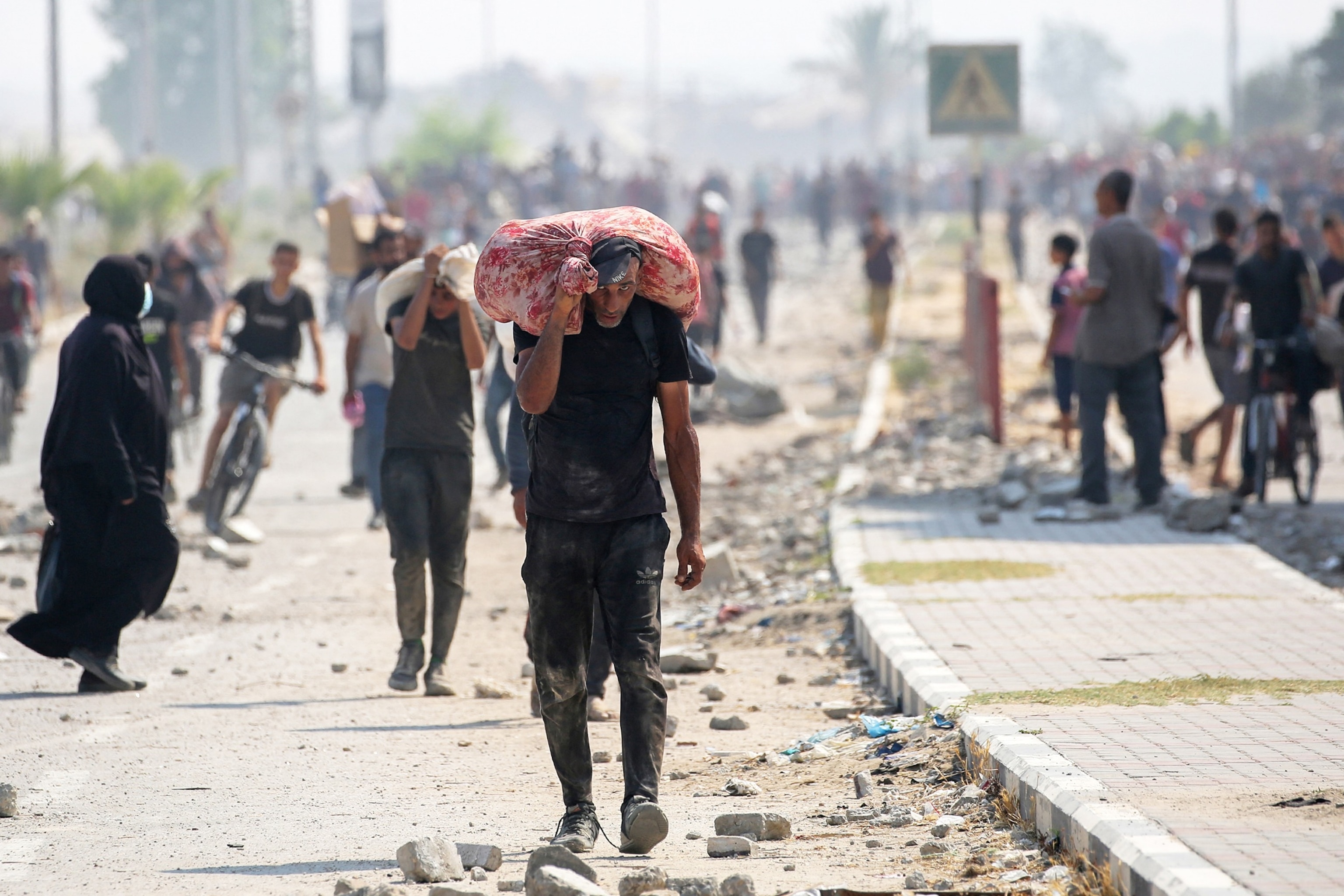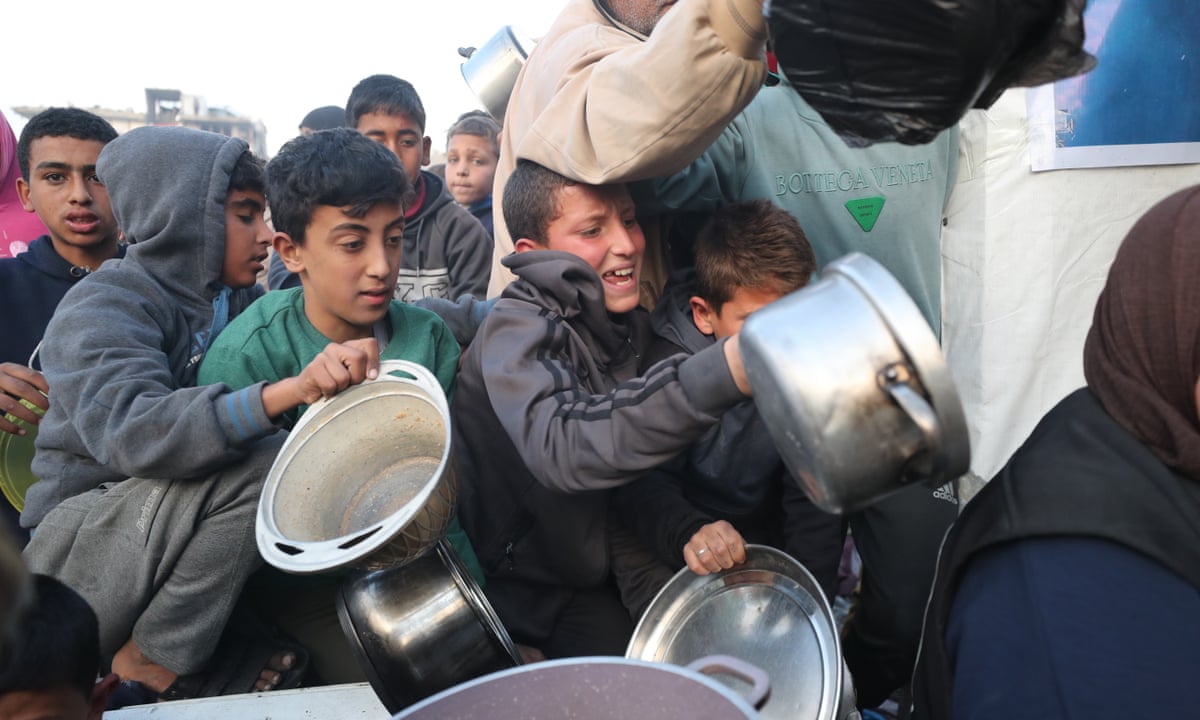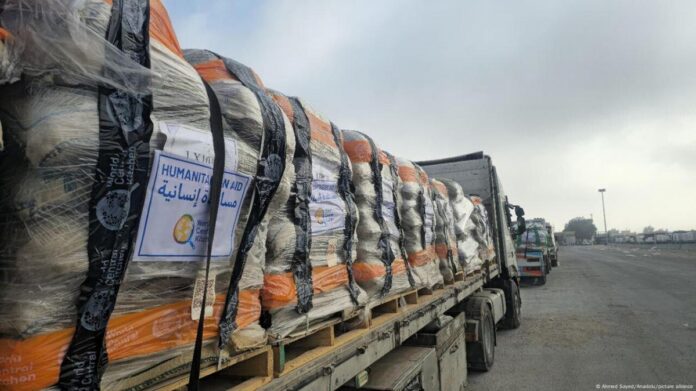Aid Flight Plans
Germany will send planes carrying food and medicine in gaza soon. Chancellor Friedrich Merz said Defense Minister Boris Pistorius will work with France and the UK to load supplies on transport jets. Spain will also send air drop missions in early August in partnership with Jordan. Both countries said air drops serve a few thousand people at most. Leaders agree these flights only reach a small share of those who need help.
Official Remarks

Merz told reporters that this mission offers only limited relief, but it shows they care. He said Germany wants to support people trapped by shortages. Merz added that staff will work with the UN to get items where they belong. Spain’s Foreign Minister José Manuel Albares Bueno said his country will send enough food packets for about five thousand people. He said that the drop is small in scale but needed while bigger aid routes stay closed.
Call for Unblocked Access
Both ministers urged for permanent land corridors to let UN teams deliver supplies by road. Albares Bueno said aid must move in and out with no delays or checkpoints that stop trucks. He stressed that a few air drops do not solve the larger challenge of ongoing shortages. Pistorius agreed that air bridges help for now but cannot meet the vast needs in the territory. They both pointed to the United Nations as the proper channel to reach more families.
Next Steps and Coordination

Germany plans to roll out flights once it sorts out loading details with partner nations. Spain will begin airdrops within days and will track how supplies reach recipients. Both governments will share data on who gets items and where they land. They said they want to refine plans to target areas with greatest lack of food and medicine. They called on Israel and local authorities to protect flight zones and drop sites so supplies land safely.
Personal Analysis
I think sending aid by air shows intent but it also highlights how hard it is to move goods on the ground. Air drops can reach remote spots but they cannot bring heavy items or large loads. Without secure roads open for trucks, everyday routes will stay empty. Aid workers need steady paths to bring tents, generators and fuel along with food and medicine.
If world leaders push for open land lanes through UN agencies, they can help many more people who live without clean water or medical care. In that case, aid can flow without stops or checks and reach entire communities instead of only a few dozen families near drop zones.
Sources: cnn.com

